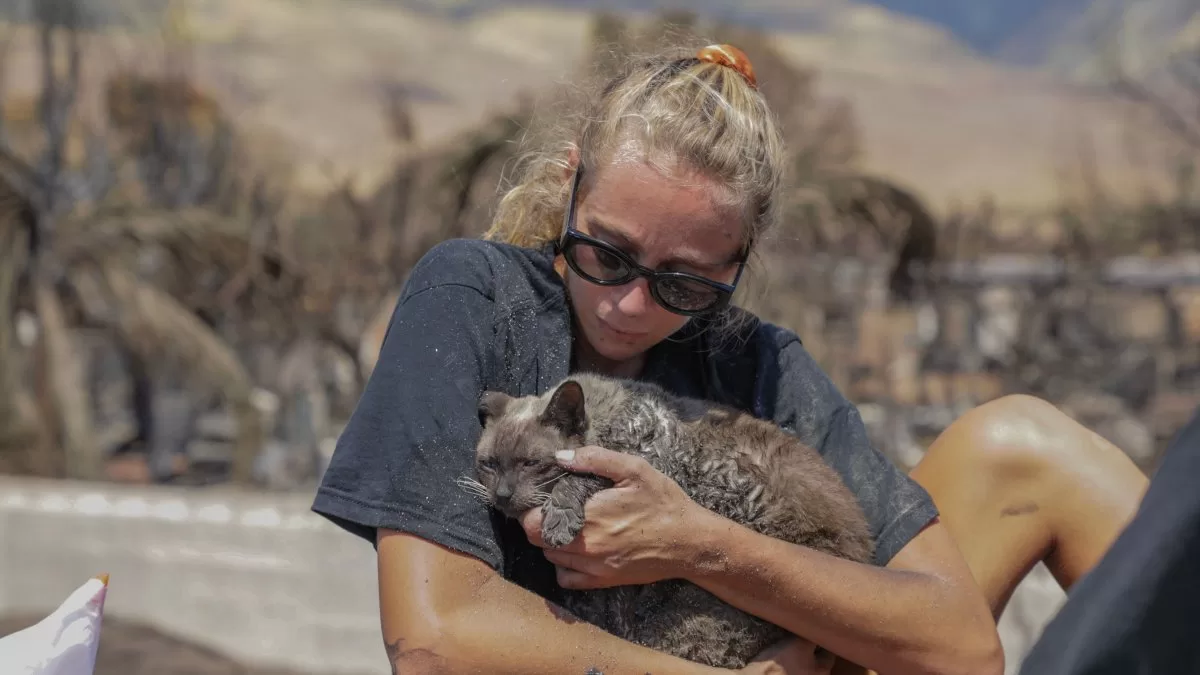Washington DC, United States.- The US Supreme Court has allowed a 12-year-old transgender girl in West Virginia to continue competing on her high school sports team as a lawsuit over a statewide ban continues.
The judges refused to vacate an appeals court order that allowed the girl, Becky Pepper-Jackson, to continue competing on her school’s track and cross country teams, where she regularly finishes near the bottom of the pack.
Justices Samuel Alito and Clarence Thomas reportedly allowed West Virginia to enforce its law against Pepper-Jackson.
Pepper-Jackson is in the middle of outdoor track season. She had filed a lawsuit challenging the Women’s Sports Safeguards Act, which West Virginia lawmakers adopted in 2021. A federal appeals court allowed her to compete while she appealed a lower court decision upholding the West Virginia law.
Two weeks ago, athletics banned transgender athletes from participating in international competitions. West Virginia is among 20 states that prohibit transgender athletes from participating in sports consistent with their gender identity, according to the Project Forward Movement, an LGBTQ+ rights think tank.
West Virginia Gov. Jim Justice, a Republican, recently signed legislation banning gender-affirming treatments for minors, as part of a nationwide Republican-led effort to crack down on LGBTQ+ rights this year.
West Virginia’s law on school sports competition prohibits transgender athletes from participating in women’s teams. Signed into law by Justice, the law defines male and female gender by examining the student’s “reproductive biology and genetics at birth.” It applies to middle and high schools, as well as universities.
Under the law, male athletes can play on either men’s or co-ed teams, and female athletes can play on all teams.
In a statement after the Supreme Court action, West Virginia Attorney General Patrick Morrisey said he “is deeply disappointed by the US Supreme Court’s decision.”
Organizations that have endorsed Pepper-Jackson said they are “grateful.”
“This was a baseless and callous effort to keep Becky from where she belongs: playing alongside her teammates, as a teammate and as a friend,” the American Civil Liberties Union, the American Civil Liberties Union of West Virginia and Lambda Legal.
Tennis great Martina Navratilova was among dozens of female athletes who endorsed West Virginia on the Supreme Court, along with Republican attorneys general from 21 states.
United States District Court Judge Joseph Goodwin initially barred West Virginia from enforcing its law and allowed Pepper-Jackson to compete on the girls’ teams while the case continued.
But Goodwin ultimately found that the law does not violate the Constitution or the Gender Equity Act of 1972 (Title IX). Goodwin, appointed by former President Bill Clinton, ruled that the law could remain in effect while appeals continued.
Lawyers for the girl, known in the lawsuit by the initials BPJ, appealed. A three-judge panel of the United States Court of Appeals Fourth Circuit voted 2-1, rendering no opinion, to stay the law while the case is considered.
The two Appeals Court judges who voted to stay the law were Pamela A. Harris, former President Barack Obama’s nominee, and Toby J. Heytens, President Joe Biden’s nominee. Judge G. Steven Agee, former President George W. Bush’s nominee, voted against.
The Supreme Court did not provide any justification for its action on Thursday.
“I would grant the State’s request. Among other things, enforcement of the law in question should not be barred by federal courts without explanation,” Alito wrote in dissent. Thomas joined the dissent.
“This case involves an issue charged with emotions and differing perspectives. That is one more reason to defer to state legislators pending appeal. … The decision had to be made by the West Virginia Legislature. The end of this litigation will confirm that made a valid decision,” West Virginia told the justices, asking the Supreme Court to allow the law to take effect while the case unfolds.
Pepper-Jackson is identified in court documents by her initials because of federal rules that prohibit identifying minors. But she and her mother have spoken repeatedly on the subject.






